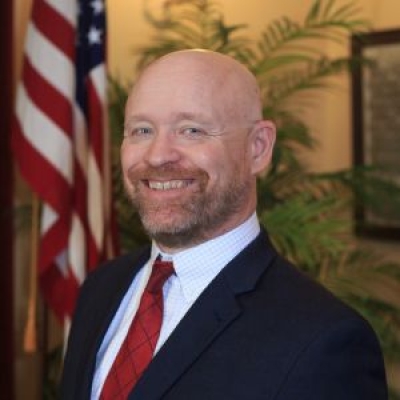 In the 1993 comedy Groundhog Day, Bill Murray relived February 2nd day after day. The Ohio charter-school sector is experiencing its own Groundhog Day moment with every struggle seemingly like the one before—with no end in sight.
In the 1993 comedy Groundhog Day, Bill Murray relived February 2nd day after day. The Ohio charter-school sector is experiencing its own Groundhog Day moment with every struggle seemingly like the one before—with no end in sight.
Last week, the Toledo Blade brought us news of another charter-school closing. Secor Gardens Academy, which first opened last fall, closed abruptly over the weekend of February 8, sending parents scrambling to find a place to send their children. Maddeningly, the North Central Ohio Education Service Center (NCOESC was characterized in the Blade as defending its own performance as the school’s sponsor.
Yes, this NCOESC is the same one that sponsored two schools infamously closed in October 2013 by State Superintendent Richard Ross for being “an educational travesty.” A couple schools it sponsored, including one with which another sponsor had cut ties due to low performance, closed in December. Meanwhile, the NCOESC has drawn attention for its practice of selling services to schools it sponsors. I’m not sure that this sponsor gets it—but luckily, others are starting to do so.
Fresh off of his comprehensive investigation of the data scandal in Columbus City Schools, Auditor of State Dave Yost announced last week that he plans to take a closer look at charter sponsors, including NCOESC. Yost’s plans currently call for auditing three sponsors (NCOESC, St. Aloysius Orphanage, and Warren County Educational Service Center) and the Ohio Department of Education, focusing on the department’s charter-startup process and internal processes. Auditor Yost deserves kudos for tackling this issue. Parents who choose to send their boys and girls to charter schools, as well as the taxpayers, deserve a high-functioning charter sector, and Yost’s audit looks to be an excellent starting point.
News stories have indicated that Auditor Yost’s audit will be structured as a performance review, which is of course desperately needed. However, I’m hopeful that the audit will extend beyond questions of process and delve into patterns of activity that reflect on professional competence. Analyses of processes often focus on paperwork—dotting of i’s and crossing of t’s. It’s quite possible for a sponsor to get the processes right and still end up making a bad decision. Predicting which charter schools will be successful in terms of both academic success and student enrollment is a combination of art and science.
In the end, the success of a sponsor will often boil down to professional judgment and decision making. If that’s true, it becomes even more important to look at performance outcomes. Charter closures, though painful, are not necessarily a bad thing. Sometimes, the decision to close a school -- is actually the right one. However, sponsors with multiple closings due to poor academic performance, unsafe conditions, and financial instability—especially early in a charter school’s existence—are making mistakes on the front end. They have no business sponsoring schools.
Unlocking the sponsor conundrum is a necessity if we are going to escape from our Groundhog Day. The upcoming reviews by Auditor Yost, in addition to ODE’s ongoing work on sponsor evaluation, will shine a bright light on charter-school sponsoring. As they should. Our only hope to cease repeating history is for Ohio’s charter-school advocates to come into the daylight and lead the fight for quality, rather than burrowing into darkness and waiting for the season to change.
